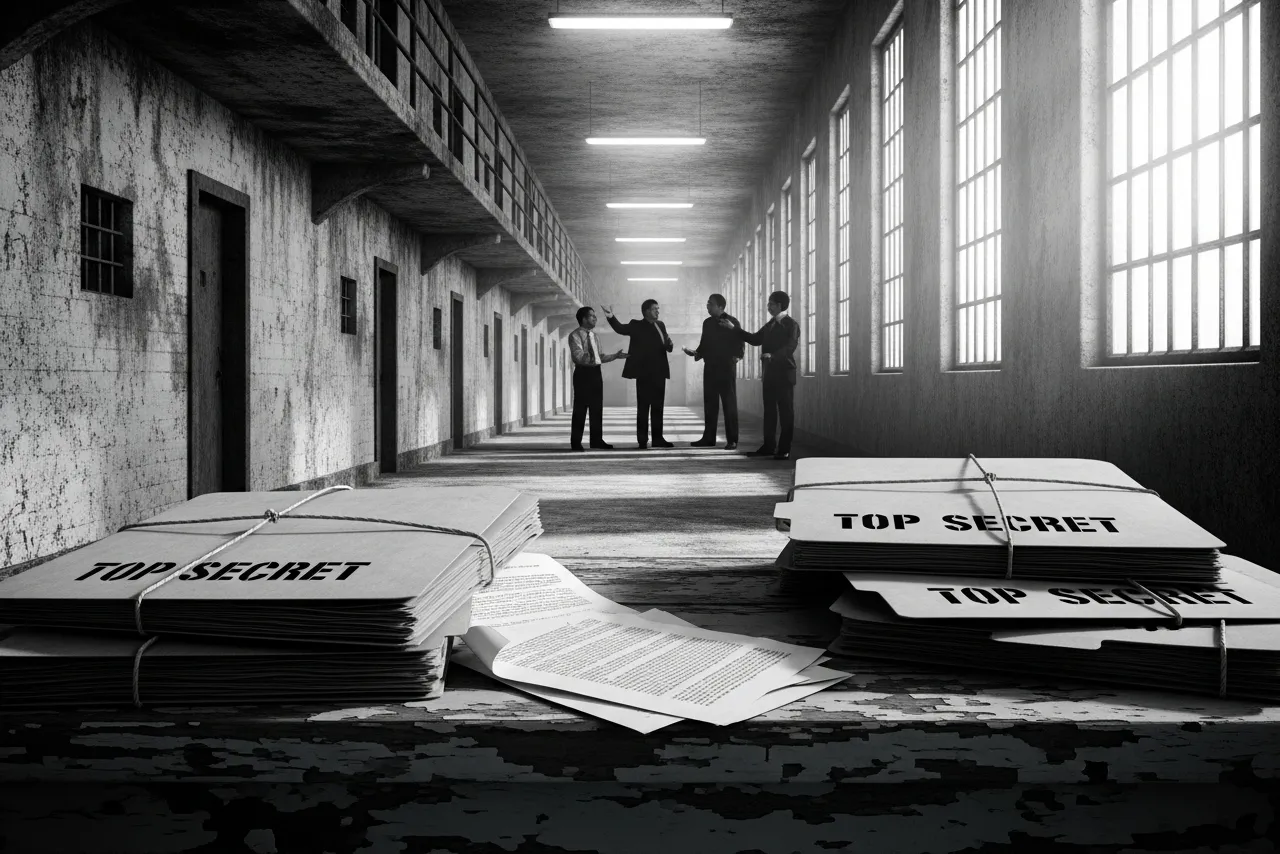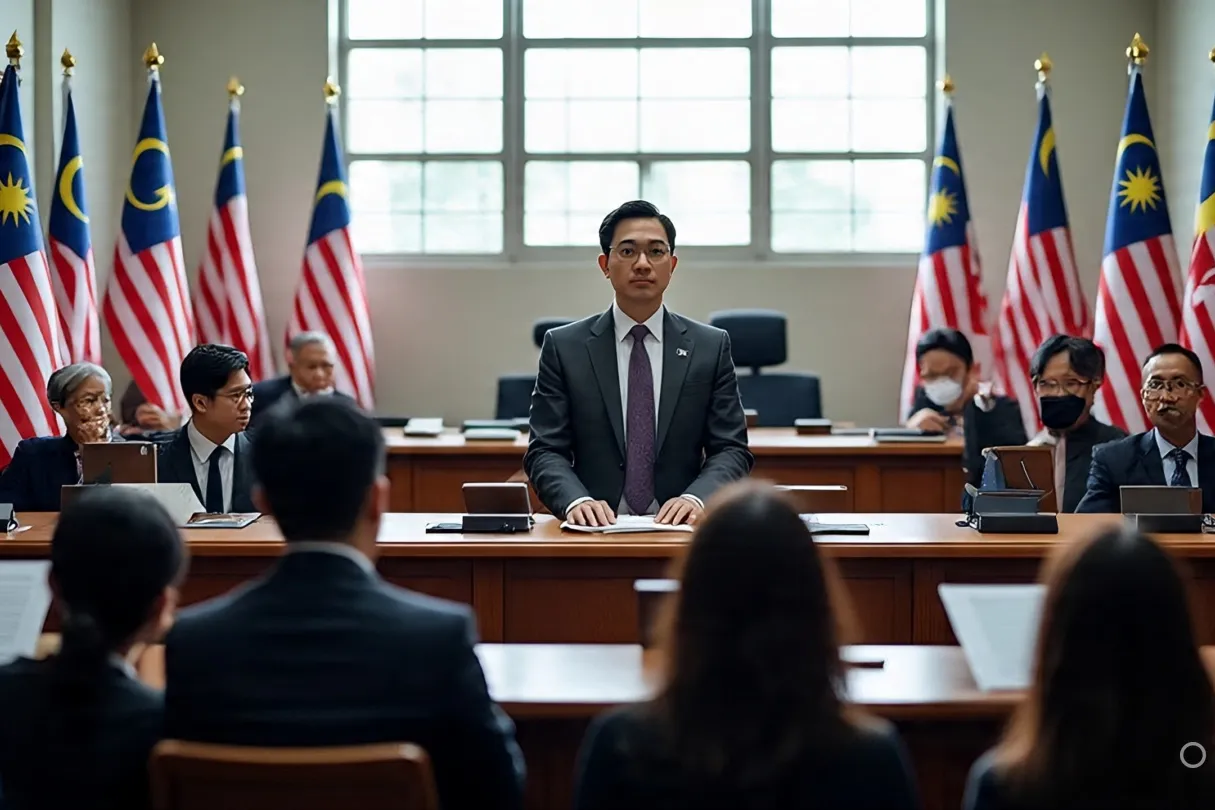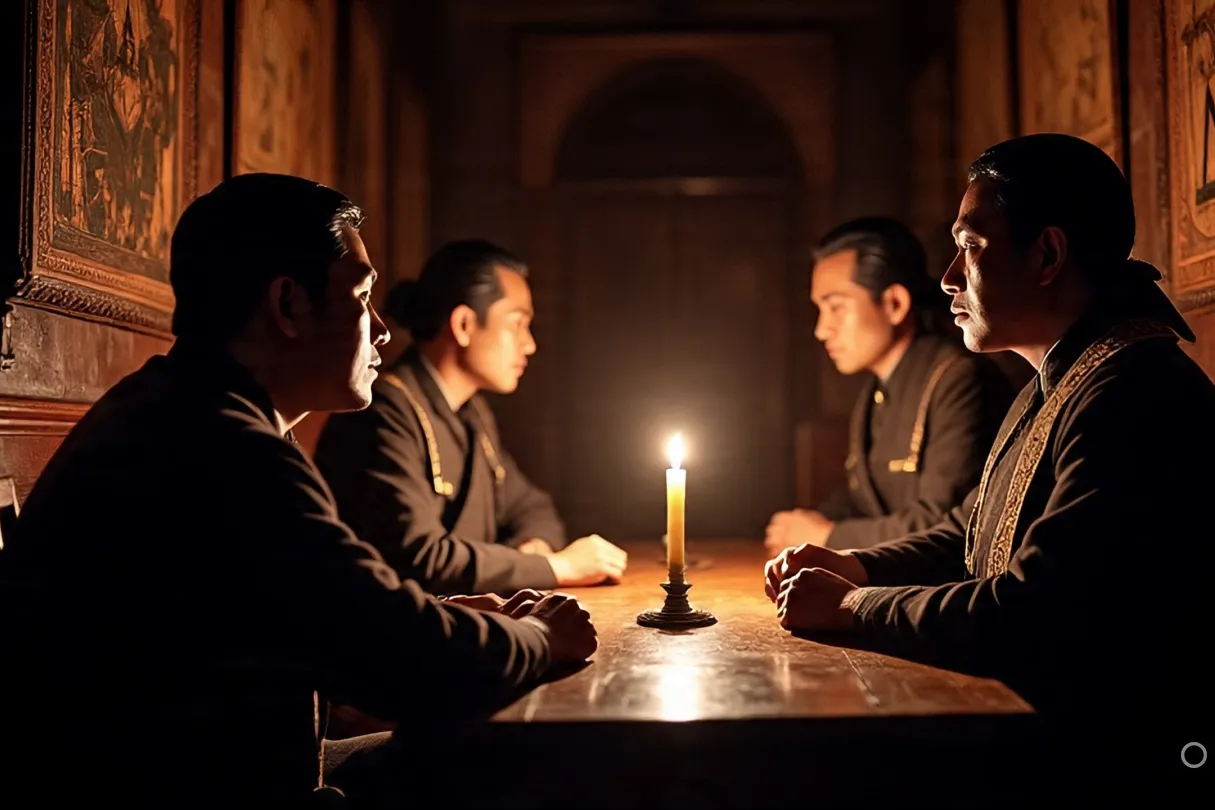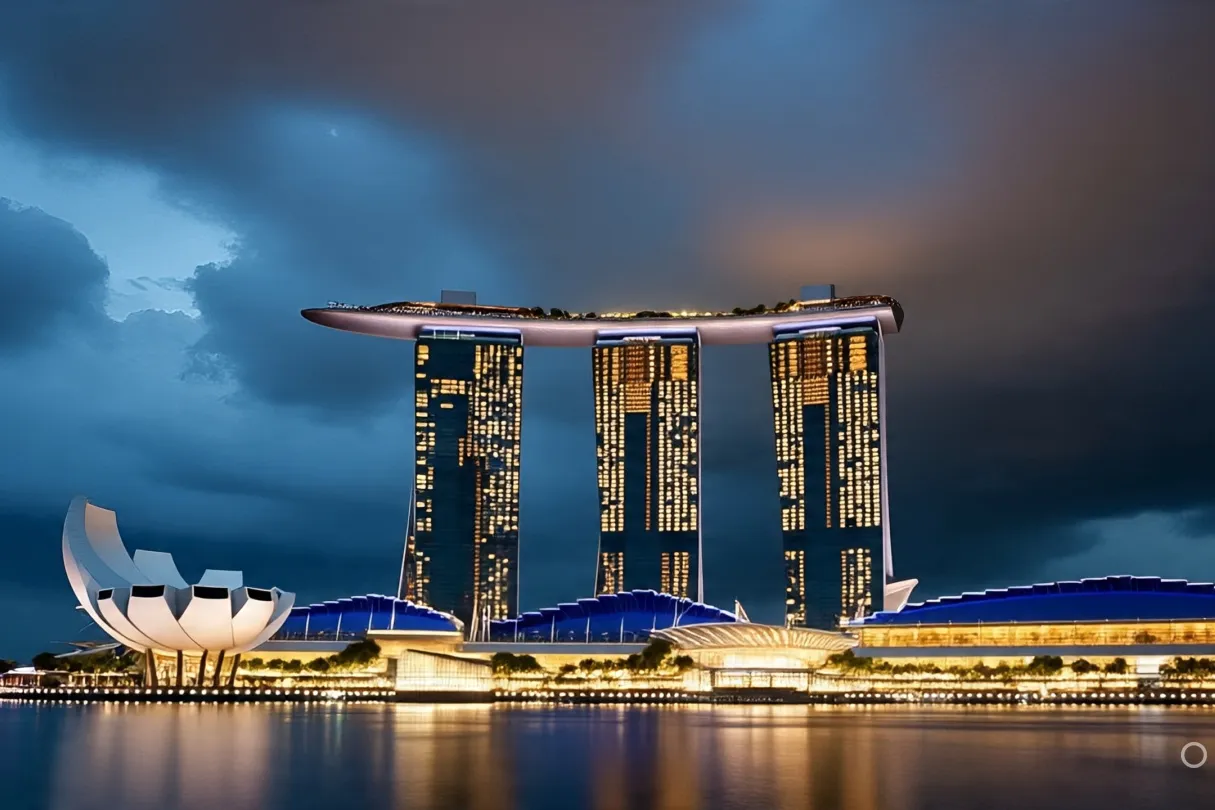🕰️ Singapore in the 1960s: A volatile backdrop
Singapore in the early 1960s was a cauldron of political tension, ethnic divisions, and Cold War paranoia. The island nation, still a British colony, was gearing up for self-governance. Within this climate, left-wing movements gained popularity through unions, student groups, and opposition parties.
- 🕰️ Singapore in the 1960s: A volatile backdrop
- 🚨 The mass arrests of February 1963
- 🤔 Was it truly about communism—or consolidation?
- 📚 What the declassified records reveal
- 🔍 Perspectives from both sides
- 📈 Impact on Singapore’s political landscape
- 🧭 Memory, truth, and the case for transparency
- 💬 Final reflections: Who gets to write history?
Lee Kuan Yew’s People’s Action Party (PAP) had risen to power on a platform of anti-colonialism and social justice—but was also wary of losing control to rival forces aligned with communist ideologies, particularly the Barisan Sosialis, a breakaway faction from the PAP.
🧠 Many of Singapore’s progressive politicians were openly left-leaning, but whether they posed a real security threat or simply a political inconvenience remains the heart of the Coldstore debate.
🚨 The mass arrests of February 1963
On February 2, 1963, Operation Coldstore was executed. In a single day, 113 individuals were arrested without trial. Most were members of opposition parties, student leaders, labor unionists, and intellectuals—many affiliated with Barisan Sosialis.
📜 Officially, the arrests were conducted under the Internal Security Act (ISA), a law inherited from the British to combat communist threats. The government justified the move as necessary to prevent a violent uprising and preserve public order.
📣 The state narrative emphasized:
- A communist conspiracy was imminent
- Malaysia’s merger with Singapore was under threat
- Public safety required immediate preemptive action
But critics noted that many of those arrested had no history of advocating violence or insurrection.
🤔 Was it truly about communism—or consolidation?
Here’s where the conspiracy theory takes root: that Operation Coldstore wasn’t about neutralizing a real threat, but eliminating electoral opposition to Lee Kuan Yew and the PAP ahead of critical elections and merger negotiations with Malaysia.
📌 Claims by revisionist historians and former detainees include:
- The operation was timed to weaken Barisan Sosialis before elections
- British and Malaysian authorities expressed doubts about the “communist threat”
- Intelligence documents showed little actionable evidence
- The arrests included individuals with no formal ties to the Communist Party
Historian Thum Ping Tjin, one of the most vocal proponents of this view, argued that Operation Coldstore was a turning point that eliminated Singapore’s viable political left.
📺 Documentaries and oral histories have added emotional weight to this theory, with survivors recounting torture, isolation, and the psychological impact of indefinite detention.
📚 What the declassified records reveal
In recent years, British colonial records and telegrams have been made public, offering new perspectives on Coldstore.
📂 Notable findings include:
- British officials were reluctant to approve mass arrests
- Internal UK communications expressed skepticism about the security justification
- Malayan leaders, particularly Tunku Abdul Rahman, pushed for the arrests to smooth the Singapore-Malaysia merger
🧾 A British Colonial Office memo from 1962 suggested:
“Lee Kuan Yew is far more interested in the political consequences than the security rationale.”
This further fuels the theory that the ISA was a convenient tool, enabling Lee to remove not radicals, but rivals.
🔍 Perspectives from both sides
🎙️ Government Position:
- Then and now, Singapore’s government maintains that Operation Coldstore was a legitimate national security response.
- They argue that declassified documents are being misinterpreted or taken out of context.
- Officials stress the ideological war of the time—when global communism did pose real threats across Southeast Asia.
🧠 Opposing Voices:
- Former detainees allege they were held based on political affiliation, not evidence
- Human rights organizations criticize the continued use of the ISA in modern Singapore
- Academics urge the government to declassify internal Singaporean documents to allow a fuller historical analysis
📈 Impact on Singapore’s political landscape
Operation Coldstore had a chilling effect on political dissent. The Barisan Sosialis, once a credible opposition party, was left hollowed out. Many of its leaders were jailed, exiled, or forced into silence.
🗳️ Subsequent elections saw the PAP cement its control over Parliament. Dissenters were branded as subversives, and the political field narrowed dramatically.
📌 Legacy outcomes include:
- A one-party dominant system
- Ongoing justification of preventive detention
- Cautious public discourse about political history
Singapore’s rise as a stable economic powerhouse is often credited to PAP’s strong leadership—but critics argue this stability came at the cost of democratic pluralism.
🧭 Memory, truth, and the case for transparency
The conspiracy theory surrounding Operation Coldstore endures because it taps into broader tensions in Singapore’s national identity: order versus openness, growth versus freedom, and memory versus mythology.
🌏 In an era of rising calls for historical accountability across Asia, many Singaporeans—especially younger generations—want a more honest reckoning with the past.
📢 Key demands include:
- Declassification of local archives
- Official acknowledgment of political detainees
- Incorporation of diverse perspectives in history education
Singapore’s reluctance to engage fully with Coldstore’s legacy may stem from fears of unraveling its post-independence narrative. But historical denial rarely serves national unity in the long term.
💬 Final reflections: Who gets to write history?
Operation Coldstore sits at a crossroads of truth and power. Whether viewed as justified statecraft or authoritarian overreach, it represents a pivotal moment in shaping Singapore’s political DNA.
🤝 The real question may not be whether Coldstore was a conspiracy—but whether modern Singapore is brave enough to revisit uncomfortable truths.
Because in the end, history isn’t just about what happened. It’s about who gets to tell the story.




